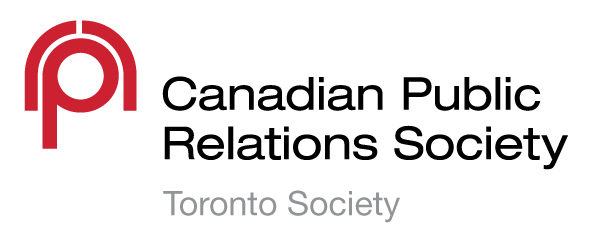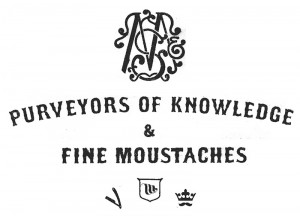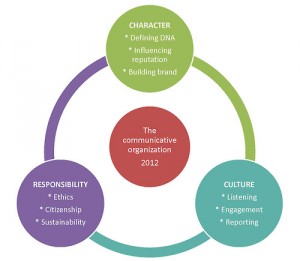 At the recent World Public Relations Forum in Melbourne, Australia, public relations leaders from 29 countries identified three emerging areas of value for public relations and have issued a new ‘mandate’ for the profession.
At the recent World Public Relations Forum in Melbourne, Australia, public relations leaders from 29 countries identified three emerging areas of value for public relations and have issued a new ‘mandate’ for the profession.
The Melbourne Mandate speaks to the role of public relations in defining organizational character, building a culture of listening and engagement, and instilling responsibility in organizations and individuals.
Are you practising to the full scope of the mandate? Can the mandate be used to guide your professional development, enhance your practice, or inform your clients?
To help CPRS Toronto members grapple with these and other professional ideals, we’ll be bringing you the idea guy behind the Melbourne Mandate in the New Year.
Watch this space for details of our February professional development event with Daniel Tisch, APR, FCPRS, Chair of the Global Alliance for Public Relations and Communication Management. You can also read Daniel’s reflections on the release of the mandate.
Is the Melbourne Mandate relevant to your practice?


